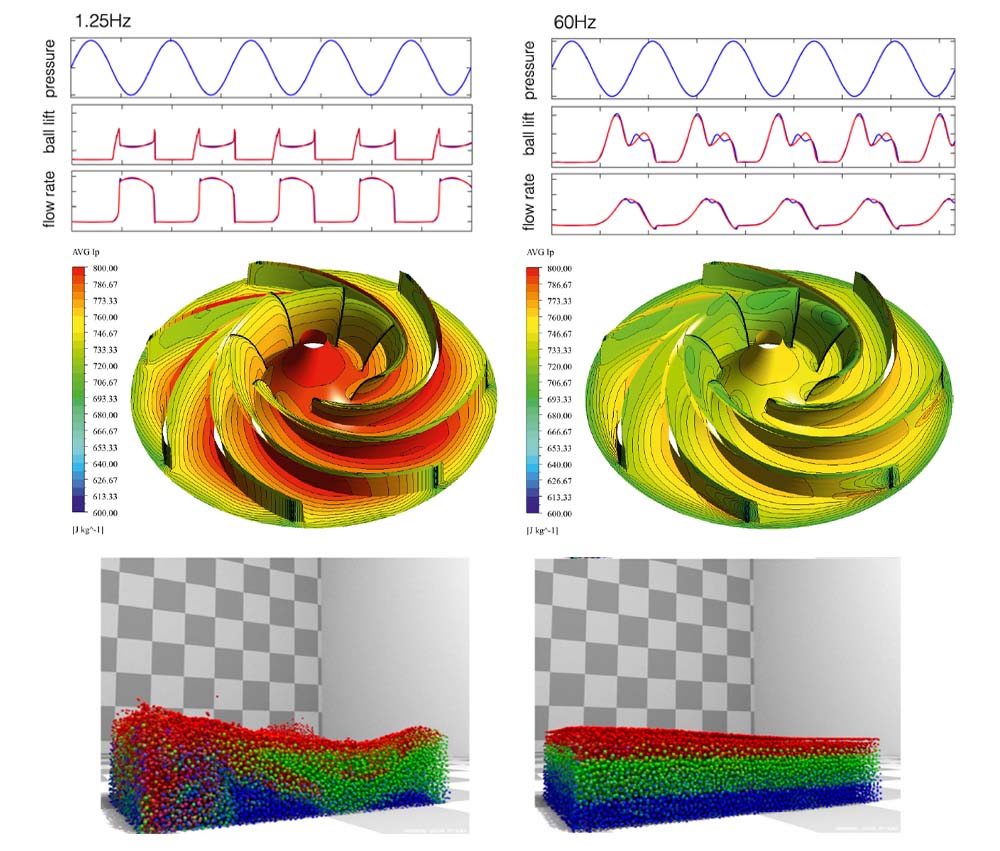Fluid-structure interaction (FSI) is fundamental for many processes and applications in nature, science and engineering. It ensures the functionality of various biomechanical systems and engineering devices including, for instance, the vascular system, hydraulics, aeroplanes, parachutes and the mechanics of diving and swimming. In particular, FSI is exploited in renewable energy technology namely in wave energy converters, wind and water turbines. On the other hand, FSI may jeopardise safety and functionality or even cause failure. Examples range from aneurysms to aquaplaning and include wing flutter, storm and flood damage. The detailed understanding of FSI phenomena is therefore of great importance.
The variables that drive FSI are generally difficult to measure. In the industrial context, the construction and testing of prototypes is expensive and time consuming. Hence, the computer simulation of dynamic FSI allows to better understand and predict the system behaviour. It can shorten design cycles and facilitate technical innovation. The computational strategies must be efficient, robust and accurate.
Despite significant advances of recent years, crucial challenges remain in the areas of spatial discretisation and in the resolution of the strong coupling between the fluid and solid phases.






